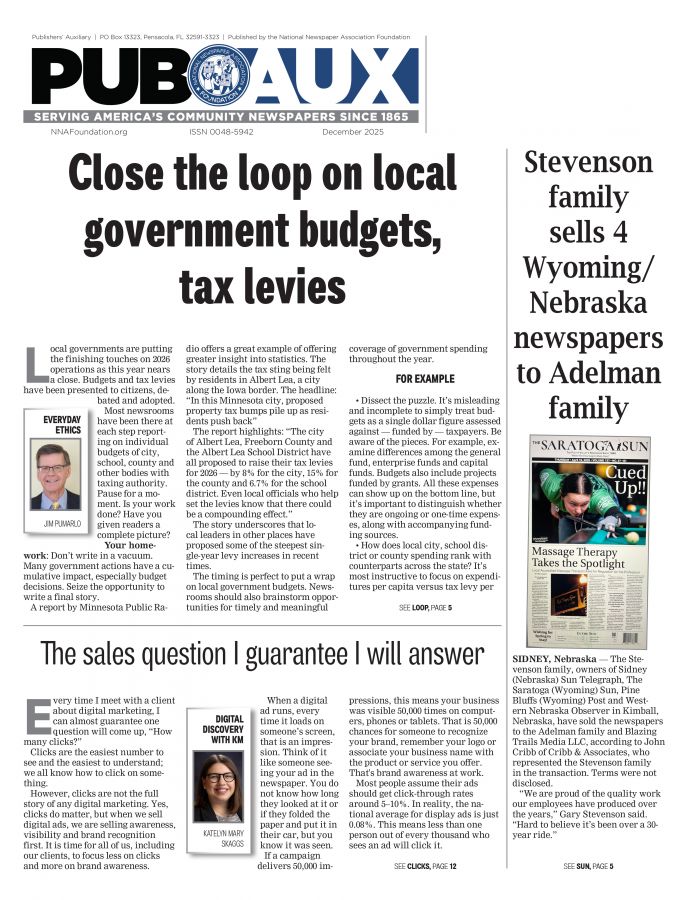Gorsuch nomination highlighted party politics
May 3, 2017
By Danni Zhou
NNAF News Fellow | University of Pittsburgh
After the clash over the vacant Supreme Court seat turned nuclear, the nation witnessed Neil Gorsuch, the youngest serving justice to defend the Constitution, appointed to the high court.
Supreme Court Justice Anthony Kennedy swore in the 49-year-old appeals court judge at the White House on April 10. However, Gorsuch’s inauguration left Senate Democrats yearning for Merrick Garland.
When then-President Obama nominated Garland in March 2016, the GOP-led Senate refused to engage in the confirmation process and opted to wait until after the 2016 presidential election.
“In my own views, I think it was a terrible thing for them to do,” said Tony Mauro, Supreme Court correspondent for The National Law Journal. Appointing a Supreme Court justice is a part of a president’s legacy, and there was a vacancy, so President Obama nominated somebody who was extremely qualified, and it went nowhere.”
The Republicans denied Garland a confirmation hearing, refused to meet with him and acting on the pretext that a president in his final year of office should not be allowed to nominate a new justice. The Democrats questioned the justification of the Republicans’ actions.
“I don’t think it was unconstitutional; it was just purely playing politics,” said Trevor Burrus, a research fellow for the Cato Institute. “They are under no obligation to have to consider the nominees of the president … but I think that it was a pretty boldfaced, political move.”
In 1997, Garland glided through his Senate confirmation hearings for a justice position on the District of Columbia Circuit by a vote of 76-23, even earning praise from Republicans. Twenty years later, some of these same senators engaged in his unprecedented freezing-out.
Within the last 30 years, the majority of Supreme Court justices previously served on the courts of appeals. At times, government officials argued that if the nominee satisfied the qualifications for an appeals court judge, they are equally capable of serving as a Supreme Court justice. However, the opposition claimed the two courts are different. Unlike an appeals court judge, precedents do not bind a Supreme Court justice.
Following Gorsuch’s swearing in, Democrats now fear the new justice’s rulings will often correlate with the Republicans’ views.
“I think he can be independent and also still have opinions that Republicans will like, most of the time. Once they get on the Supreme Court, they do not behold or oblige to rule the way they think their president who appointed them would have wanted,” Mauro said.
Other scholars, such as Burrus, believe that under specific circumstances, such as a case regarding federalism, the public will be able to predict
Gorsuch’s ruling.
“I think that he will apply a judicial philosophy consistently in such a way that you could make a good guess who would win in certain situations if it has to do with certain issues that he has opined on,” Burrus said.
During Dwight Eisenhower’s presidency, he declared appointing Earl Warren was the worst decision he made because the chief justice turned out to be more liberal in his views, compared to the conservative views Eisenhower held.
“There’s a lot of history between justices moving away from the positions that the president preferred. The reason for that is they do have life tenure and don’t have to run for re-election or anything,” Mauro said. “In the decision-making process, they don’t check with their party to figure out how to rule. I think a lot of the political aspects disappear, and they just have to interpret the law the way that it’s been written,” Burrus explained.
A concern for the Democrats centers on successfully convincing the entire Senate to approve their proposed policies. Burrus claimed the Republicans controlled an unprecedented proportion of the country, excluding a period of time during the Civil War era.
“I don’t think they’re struggling because the other branches of government are somehow pushing them down,” Burrus said. “It depends on whether or not they decide they need to change some of their rhetoric and policies because right now, it seems like the American people don’t like it.”
According to Shelby Coffey, vice chair of the Newseum, the Democrats will maneuver their opposition against Trump to bolster their policies within a Republican controlled government.
“There are a lot of things minority parties can do to make life difficult for the majority, including let’s say there are some members of the majority party who aren’t happy with where most of the party is going or they have a different philosophy,” Coffey said. “So they can be peeled off as votes for the minority party that in effect halts the President or the majority in the particular house.”
In a Chicago Tribune article, Sen. Tom Udall, D-NM, suggested Trump should consider appointing both nominees. He believed the act would eliminate the divide between the Republicans and Democrats.
“To think that appointing Garland and Gorsuch will somehow heal the divide is silly. It could work; you could always ask a justice to step down, but it’s not going to be that way,” Burrus said.
Udall proposed that Trump privately visit the justices who are contemplating retirement. If at least one judge decides to retire, then he or she could submit a resignation contingent upon the approval of Garland as the replacement. The Senate would then confirm Gorsuch and Garland through a bipartisanship.
“I think that it will be unlikely that Garland would be next in line. The judges on [Trump’s] list are all hard originalists type of judges than Garland is,” Burrus said. “Judiciary fights have been heating up in a fairly linear and direct pattern, and the issues will still remain even if Garland and Gorsuch go on to the Court. The questions that divide the country, like abortion, will still remain.”







